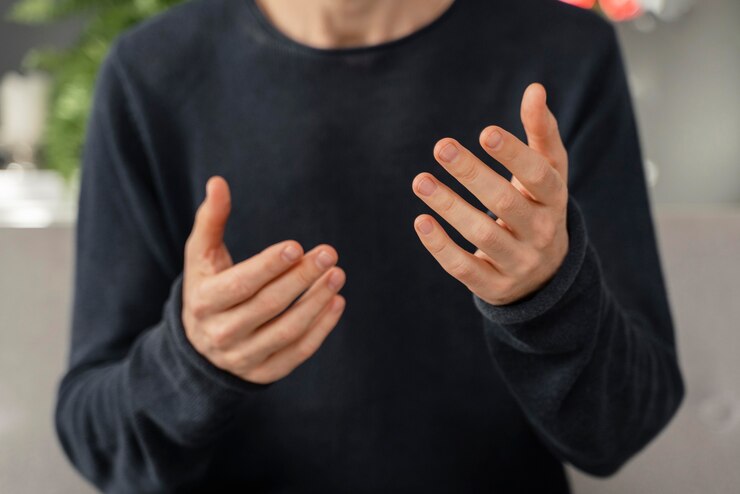
Dark knuckles, also known as hyperpigmentation of the knuckles, can be a source of self-consciousness for many individuals. While they are usually harmless, dark knuckles can be a sign of an underlying health issue or simply a result of certain lifestyle factors. Let's explore the common causes of dark knuckles and provide tips on how to prevent and manage them.
Table of Content:-
Causes of Dark Knuckles
1. Excessive Sun Exposure
Just like the rest of your skin, your knuckles can darken due to exposure to the sun's harmful UV rays. The skin on the knuckles is often thicker and contains more melanin, making it more prone to hyperpigmentation.
2. Friction and Pressure
Constant rubbing or pressure on the knuckles, such as from leaning on them or wearing tight accessories like rings, can lead to darkening of the skin over time. This friction stimulates the production of melanin, resulting in darker knuckles.
3. Dry Skin
Dry and dehydrated skin is more prone to hyperpigmentation. When the skin on the knuckles becomes dry, it can appear darker than the surrounding skin.

Also Read: Spotlight on Skin Cancer: Expert Shares 5 Sun Safety Tips for Every Season
4. Genetics
Some people are genetically predisposed to having darker knuckles. Certain ethnicities, such as those with darker skin tones, are more prone to hyperpigmentation on the knuckles.
5. Medical Conditions
Certain medical conditions, such as diabetes, obesity, and hormonal imbalances, can cause darkening of the skin, including the knuckles. These conditions affect the body's melanin production and distribution.
Tips to Avoid Dark Knuckles
1. Protect Your Skin from the Sun
Wear sunscreen on your hands, including your knuckles, whenever you're outdoors. Choose a broad-spectrum sunscreen with an SPF of 30 or higher and reapply it every two hours.
2. Moisturise Regularly
Keep the skin on your knuckles well-hydrated by moisturising them daily. Look for moisturisers containing ingredients like shea butter, glycerin, or hyaluronic acid to lock in moisture.

Also Read: Spotlight on Skin Cancer: Expert Shares 5 Sun Safety Tips for Every Season
3. Avoid Friction
Be mindful of activities that can cause friction on your knuckles, such as leaning on hard surfaces or wearing tight accessories. Pad surfaces where you rest your hands to reduce pressure, and opt for loose-fitting accessories.
4. Exfoliate Gently
Regular exfoliation can help remove dead skin cells and lighten dark knuckles. Use a gentle exfoliating scrub or a soft-bristled brush to exfoliate the skin on your knuckles once or twice a week.
5. Stay Hydrated
Drink plenty of water throughout the day to keep your skin hydrated from within. Hydrated skin is less prone to hyperpigmentation.
6. Healthy Diet
Eat a balanced diet rich in fruits, vegetables, and whole grains to nourish your skin from the inside out. Include foods high in vitamins A, C, and E, which promote healthy skin.
7. Manage Medical Conditions
If you have underlying medical conditions like diabetes or hormonal imbalances, work with your healthcare provider to manage them effectively. Keeping these conditions under control can help prevent darkening of the knuckles.
8. Be Patient
It's important to remember that treating dark knuckles takes time and consistency. Results may not be immediate, so be patient and stick to your skincare routine.
Bottomline
Dark knuckles can be a common concern, but with proper care and attention, they can be prevented and managed effectively. By protecting your skin from the sun, moisturising regularly, and avoiding friction, you can maintain smooth and even-toned knuckles. If you're concerned about persistent darkening of the knuckles or if it's accompanied by other symptoms, consult a dermatologist for further evaluation and treatment options.
Also watch this video
How we keep this article up to date:
We work with experts and keep a close eye on the latest in health and wellness. Whenever there is a new research or helpful information, we update our articles with accurate and useful advice.
Current Version